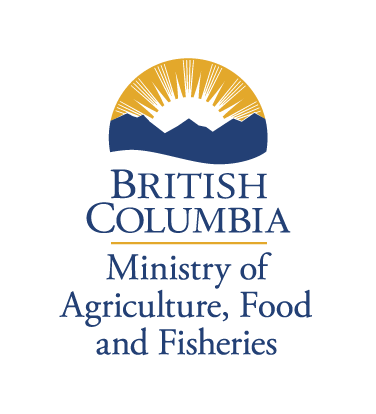Cheenar Excelled During Her Masters Degree And Continues To Do So at the British Columbia Ministry of Agriculture, Food and Fisheries.
Beyond MFRE is a series of interviews focusing on alumni and their life after our masters degree. From PhD candidates to managers in international companies, our alumni share their stories across sectors and industries.
This week we shine the spotlight on Cheenar Shah, an alumna currently employed with the BC Ministry of Agriculture, Food and Fisheries as a Climate Change Adaptation Program Advisor.
Tell us about your background and the key experiences that led up to your current role with the BC government.
Before joining the BC Ministry of Agriculture, Food and Fisheries, I worked in Montreal with the Climate Change Adaptation Research Group. Passionate about global socio-environmental policy, I have also worked with the International Fund for Agricultural Development in Washington, D.C., the United Nations Environment Program in Nairobi, and the Inter-American Institute for Cooperation on Agriculture in Barbados.
Governments are huge organizations. What particular group do you belong to and what is its general function?

I work for the Ministry’s climate action team, which contributes to the development of national and provincial climate change and agricultural policy/action, and administers a nationally-recognized on-the-ground climate adaptation program. The team is situated in the Ministry’s Innovation and Adaptation Services Branch, which provides expertise and support for innovation, domestic and international marketing, management practices that promote sustainable and productive agri-food systems, and the maintenance of a positive regulatory environment with local governments.
What is your specific role and the typical nature of your work?
After my master's degree, I started with the Ministry of Agriculture as a program advisor and I am now a policy analyst. Responsibilities I’ve had along the way include supporting program development and implementation, policy analysis and research, briefing senior management, and mainstreaming climate change into government operations.

What is your favourite part about your job?
To contribute to issues of public importance for the benefit of society, the economy, and the environment and the opportunity to work with leaders in the climate action field, across and outside of government.
What are your long-term career/academic goals?
I would like to continue this trajectory of working in roles that allow me to bring together people, science, and policy for the sustainable development of ecosystems and human communities.
How has the MFRE master's degree helped you make meaningful contributions at work?
MFRE provided me with a deeper understanding of environmental economics, agricultural economics, and the agriculture sector, which has enabled me to be more productive and effective in my current role.
What makes MFRE a strong professional degree for those interested in public policy career options?
Unlike a traditional master's degree in public policy, MFRE uniquely combines the study of economics with policy and equips candidates with a strong technical foundation in quantitative methods and financial analysis. This makes for a strong skill-set when exploring public policy jobs.
